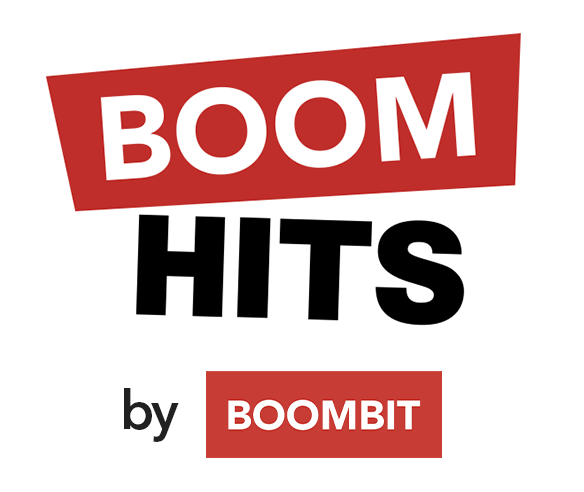Introduce your team properly
Share your team’s background so that a publisher could get to know you better. Where are you are based? How many people are there in your team? What’s your team’s structure (number of devs, designers etc.)? How long have you been working in game industry? There are some studios that have only been in hyper-casual for a few months but have a great experience in other genres. It’s important to share that.
Be clear about your expectations
Are you looking for a PPP (pay-per-prototype) deal, fixed monthly payment or RVS (revenue share) with your existing games? Maybe you just need game feedback or are collecting all publishers’ process information to understand this market? Be clear about what you are looking for.
Show your flexibility
It‘s great when you have your own solid process. But it‘s also important to show that you can understand and adapt to a publisher’s process. Working with a publisher is also team-work. So be ready to show that you are a good team-player.
Share your best performing games/works
It’s also great to share some basic in-game analytics if you can, say, some track records in retention. If you don’t have published games or games in soft-launch, share some videos of game projects you have been working on and explain why that can be appealing to the publisher. Maybe it’s some trending theme or a new mechanic, art, gameplay? Or you internally tested it and had good CTR/CPI? Anything that makes your game stand out.
Know your strengths
And share them. Whether it’s physics, ASMR, arts or anything else really – show what you are good at. Sometimes publishers are looking for game studios with specific skills and experience. And if you have some strengths there, they will be more interested in your team vs other studios. So don’t be shy and speak loudly about your best sides.


